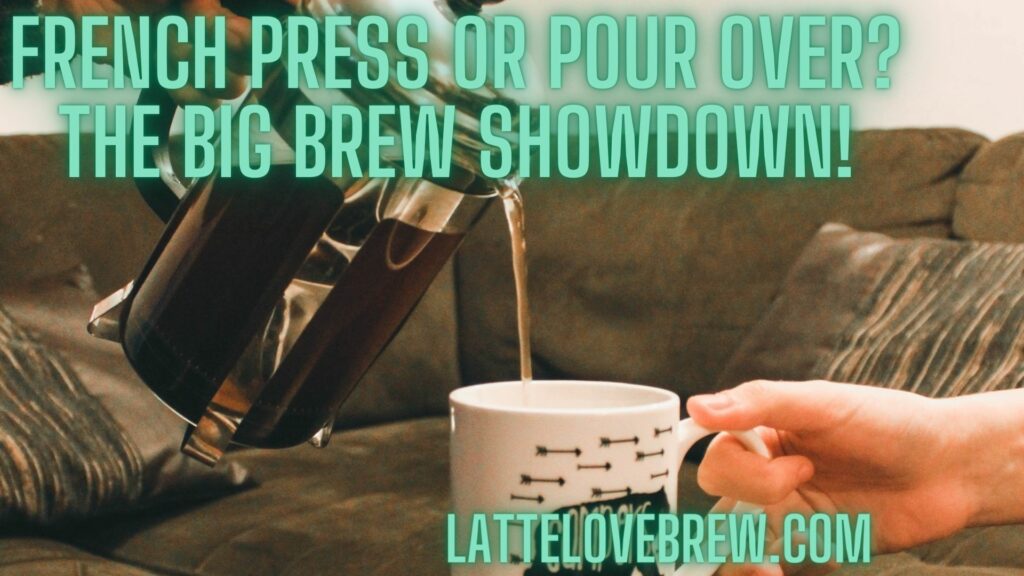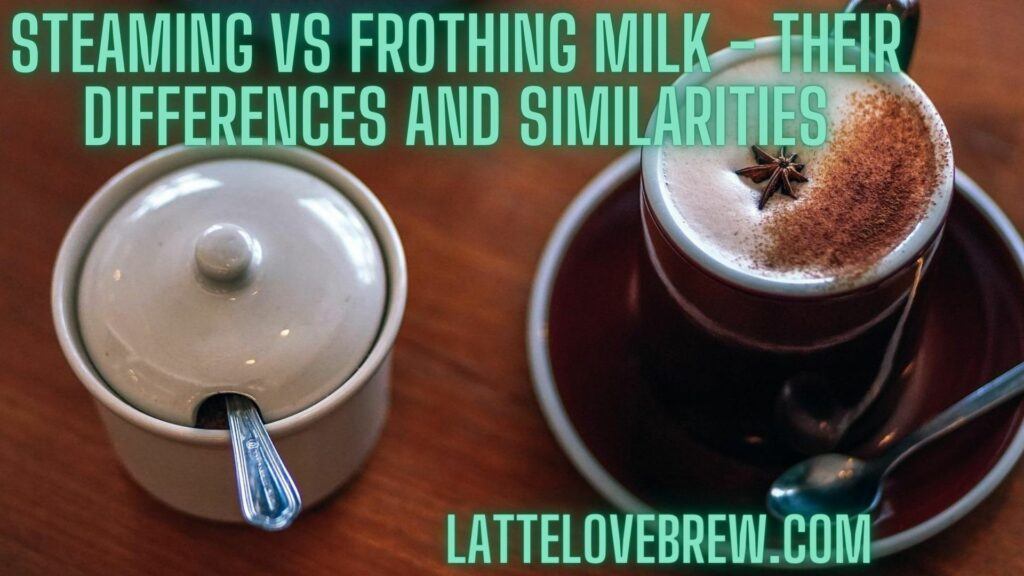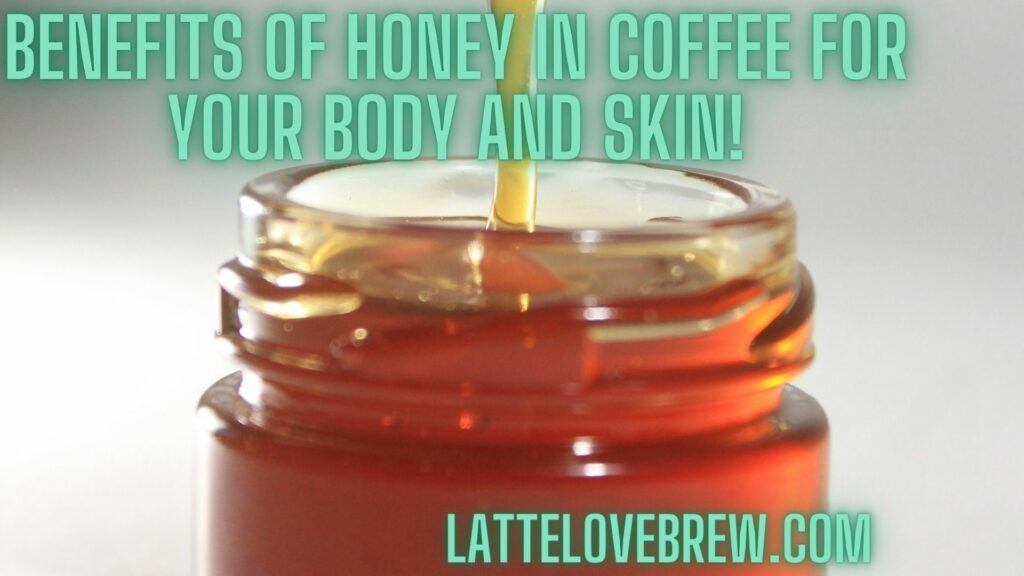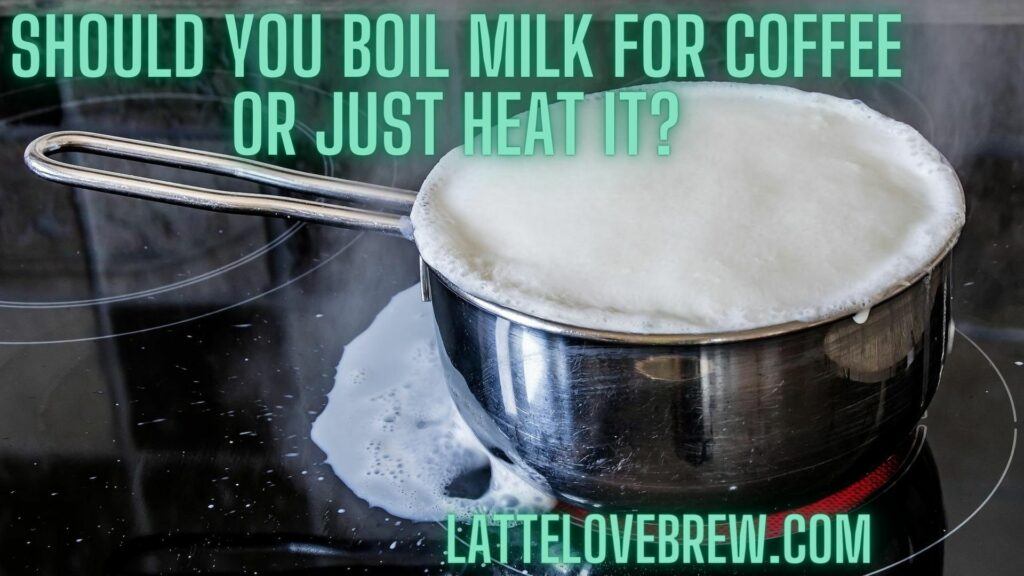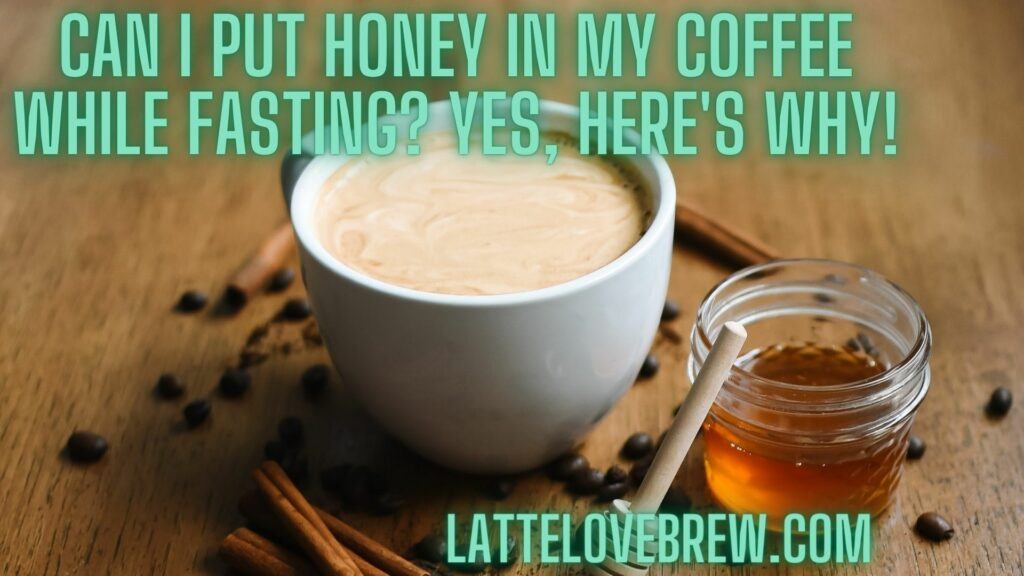Many coffee lovers face this dilemma: French Press Or Pour Over? Most of the time which to use, and when is easy to determine and figure out.
The job is mostly done for you by two key factors, the type of beans that you have and the type of coffee that you want to brew as both a French press and a pour over produce two different tasting cups of coffee.
Keep reading for the details!
French Press Or Pour Over?
Table Of Contents
- 1 French Press Or Pour Over?
- 2 French Press Or Pour Over Coffee Maker
- 3 French Press Vs Pour Over Grind Size
- 4 Is Pour-Over Coffee Healthier Than French Press?
- 5 Frequently Asked Questions About French Press Or Pour Over
- 5.1 Which Is Better A French Press Or A Pour Over?
- 5.2 What Is The Most Forgiving Coffee Brewing Method?
- 5.3 Why Does Pour Over Coffee Taste Better Than French Press?
- 5.4 How Do You Make French Press Taste Like Pour-Over?
- 5.5 Which Has More Caffeine Pour Over Or French Press?
- 5.6 What Happens If You Put Milk In A French Press?
- 5.7 Why Does My Pour Over Coffee Taste Weak?
- 5.8 Is French Press Stronger Than Espresso?
- 6 Final Thoughts – French Press Or Pour Over
The question when it comes to brewing coffee that coffee lovers and enthusiasts face is French press or pour over coffee?
Both brewing methods produce very different results even with the exact same coffee beans. Each coffee maker produces a different tasting coffee and more often than not it is the coffee maker that will decide which brewing method to use.
The type of coffee beans that you have might just make that decision for you!
If not, it will be the type of coffee that your taste buds are desiring.
Let’s get to the details of each of these brewing methods, and which is best and when!
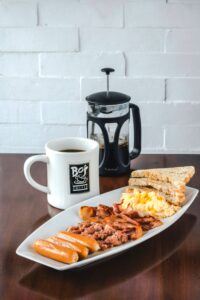
Read: How long to steep French press?
French Press Or Pour Over Coffee Maker
So that conundrum French press or pour over coffee maker is facing you and which to use and when.
Let’s get started with the French press coffee maker before moving on to talking about a Pour over coffee maker.
French Press Coffee Maker
The French press coffee maker is a classic and time tested century old brewing method that originated in France.
This particular brewing method takes advantage of the full immersion brewing technique where your coffee grounds are steeped in your hot water to extract their flavor and coffee oils.
Due to the metal mesh filter, all the coffee oils get into your cup of coffee, producing a strong, intense and bold tasting cup of coffee.
Due to the way in which the flavor compounds are extracted, the subtle and nuanced flavors of origin are lost, which makes a French press better for the following coffee roasts:
- Medium roast.
- Medium dark roast.
- Full city roast (Dark roast).
- Vienna roast (Dark roast).
- French roast (Dark roast).
- Italian roast (Dark roast).
Basically, French press coffee is good for medium roast coffee and all four dark roasted coffees.
Due to being invented in France, I highly suspect that this brewing technique was specifically designed for the higher end of dark roasts, French roast and above.
However, there is data or information to support this hypothesis.
Note that you can use light roasts in your coffee press; it is not as good as pour over coffee brewing at getting the unique flavors from the beans and making them stand out.
Your French press works equally well with regular coffee as it does with high-quality specialty grade coffee.
Now, let’s get to pour over coffee.
Pour Over Coffee Maker
This type and method of brewing coffee is absolutely fantastic for brewing a cup of coffee that extracts all the nuanced flavors of origin using a constant flow of fresh hot water over your bed of coffee grounds and eventually through a filter.
Due to the use of a paper filter, the coffee oil is removed, which produces a clean, crisp and lighter tasting coffee.
It is due to the brewing method, the constant flow of hot water, this coffee brewing method is particularly brilliant at extracting all delicate, delicious and intricate flavors of origin into your cup of coffee.
Due to this, the brewing method of pour over coffee is best suited for the following coffee beans:
- White Roast.
- Blonde Roast.
- New England Roast.
- Medium Roast.
- Medium-Dark Roast.
Due to the pour brewing ability to extract more of the unique and nuanced flavors of origin from the coffee beans much better than other brewing methods, it is particularly excellent with specialty grade single origin coffee beans.
To brew pour over coffee perfectly you will need some special equipment, some of what you may already have, which are:
- Digital waterproof coffee scale.
- Ceramic flat burr grinder.
- Paper filter.
- Digital temperature control gooseneck kettle.
- Pour over system like a Kalita Wave, Chemex, Hario V60.
A lot of the equipment mentioned are not exclusive to pour over coffee and can be used for many other brewing methods.
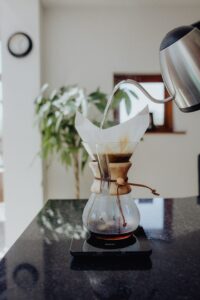
Read: Is French press coffee better?
French Press Vs Pour Over Grind Size
These two brewing methods require different grind sizes which are as follows.
- French Press: Coarse grind size of 0.75 mm and 1 mm.
- Pour Over: Medium-Fine grind size, of 0.5 mm grind size.
Pay special attention and use the correct grind size as too large will result in a cup of coffee that is too weak. Too small and it will be too strong and bitter.
Since different grind sizes extract at different rates, it is critically important that you have an even and consistent grind size, which is why a ceramic flat burr grinder is the best type to use.
Is Pour-Over Coffee Healthier Than French Press?
Both pour over and French press coffee share the same health benefits which are proven by multiple peer reviewed studies.
The health benefits are associated with coffee and not a particular brewing method and include coffee being liver health, reduced risk of diabetes, great for your cardiovascular health and good for mental health due to an increased dopamine production.
Speaking of mental health, coffee has a proven like to a reduced risk of Alzheimer and Parkinson disease.
But is pour over coffee healthier?
Yes,
the reason pour over is healthier is due to French press having more coffee oils which means more cafestol is in your coffee.
Cafestol has the unfortunate effect of raising cholesterol. Three cups per day of French press coffee is not going to cause serious problems or spike your cholesterol but, if you have already been diagnosed with elevated cholesterol levels you might want to stick to pour over coffee.
Frequently Asked Questions About French Press Or Pour Over
Which Is Better A French Press Or A Pour Over?
Which is better between a French press and a pour over depends on the type of coffee you enjoy and the type of coffee beans you are using.
Quite often in coffee it is a matter of matching the coffee brewing method with the beans that you have in order to get the best out of them.
Dark roasted coffee beans like a French roast coffee and an Italian roast coffee bean are particularly suited to full immersion brewing that uses a metal filter, making French press and moka pot particularly good brewing methods for extracting their deep, bold and intense flavors.
If you have a premium quality single origin light roast or blonde roast coffee you will get the best out of them using a brewing method that uses the constant flow of fresh hot water, which means a pour over or drip coffee machine is best suited.
The type of filter for a pour over is typically a paper filter. There is not a great difference if you use a metal filter as light roasts and blonde roasts are not oily beans.
No extra flavor or body is added by using a metal filter with this roast level.
Which is better, depends on your personal coffee gusto and the roast of the beans that you have. A French press is better for dark roasts and a pour over for light roasts.
What Is The Most Forgiving Coffee Brewing Method?
The most forgiving coffee brewing method is the Kalita wave, which is a particular pour over brewing method that uses a flat-bottomed coffee filter.
The flat bottom which has three small holes at the bottom allows the water to pool at the bottom before it drips into your cup of coffee, which results in greater consistency and a more forgiving coffee brewing method.
Read: Pour over Vs French press
Why Does Pour Over Coffee Taste Better Than French Press?
A pour over has more flavor than a French press due when brewing with light roasted coffee beans as the constant flow of hot water is great at extracting the intricate, delicate and exquisite flavors of origin from the coffee beans, better than a French press which uses the full immersion technique which loses the unique flavors due to making it more difficult to distinguish them from others due to the method of extraction.
A French press, to its credit, is much better at brewing dark roasts and is better for this type of coffee bean than a pour over.
How Do You Make French Press Taste Like Pour-Over?
You can’t make a French press taste like a pour over due to both brewing techniques using entirely different methods of extraction with one, a pour over, using a constant flow of fresh water to extract the flavor compounds and a French press using the full immersion method of steeping your coffee grounds in hot water.
Both methods require a different coffee to water ratio with a French press needing a 1:15 ratio while a pour over requires a ratio of 1:17 to 1:18.
Which Has More Caffeine Pour Over Or French Press?
French press has, for an 8 Oz (240 ml) cup of coffee, 80 mg to 140 mg of caffeine while a pour over coffee of the same size has from 100 mg to 160 mg which means that a pour over coffee has more caffeine.
What Happens If You Put Milk In A French Press?
Assuming that all variables are the same, a pour over coffee will have a slightly higher concentration of caffeine than a French press coffee.
The caffeine content of an 8 Oz (240 ml) pour over coffee ranges from 100 mg to 160 mg while for the same size a French press coffee has 80 mg to 140 mg of coffee.
Why Does My Pour Over Coffee Taste Weak?
There are a number of reasons why your pour over coffee may be tasting weak and watery. The main culprits are:
- Your water temperature is too low, below 92C (195F).
- Your grind size is too large.
- Poor contact between your hot water and your coffee grounds.
- Too fast a flow rate of your water caused by the wrong type of filter.
- Too fast a flow rate caused by poor pouring technique.
Fix these issues, and you will end up with a perfect tasting pour over coffee.
Is French Press Stronger Than Espresso?
French press is not stronger tasting than a shot of espresso but does have a higher total caffeine content. A large part of which contributes to the total caffeine content of a coffee beverage is the volume; more volume equals more total caffeine content.
An average espresso shot made with a French roast coffee has 75 mg per shot while a cup of French press coffee has 80 mg to 140 mg of caffeine.
Final Thoughts – French Press Or Pour Over
So which one won out for you French press or Pour over? For me, like all true coffee lovers I switch between the two using French press with my medium-dark and dark roast coffee beans and pour over for my light roasts.
Join our fun and friendly coffee community and tell us about your brewing experiences with French press and pour over coffee. Find us on Facebook/Meta.

